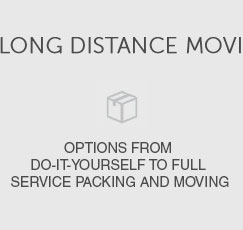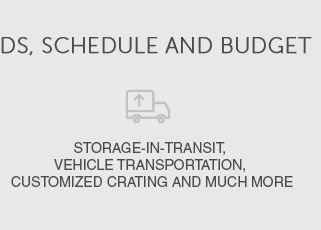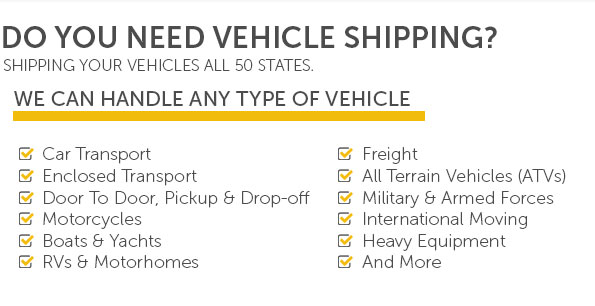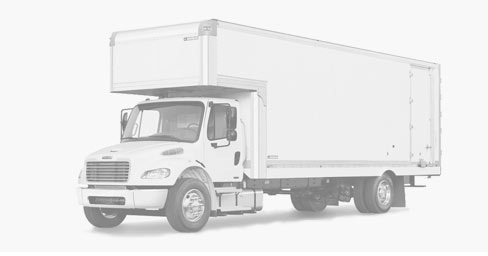 |
 |
 |
||
 |
 |
 |
 |
||
 |
 |
 |
 |
 |
 |
 |
 |
 |
 |
Understanding the Cost to Rent a Moving Truck: A Comprehensive GuideWhen it comes to relocating, one of the most pivotal decisions you'll encounter is how to transport your belongings from point A to point B. The cost to rent a moving truck can vary significantly depending on numerous factors, and understanding these can be crucial to budgeting effectively for your move. The financial aspect of renting a moving truck is not just about the base price you see advertised. It's a nuanced topic, with many hidden elements that can influence the final bill. Let's delve deeper into what you might expect and how you can plan accordingly. Firstly, the size of the truck plays a significant role in determining the cost. A small van might be sufficient for a studio apartment, while a larger truck is necessary for a multi-bedroom house. The size of the vehicle you choose will directly impact not just the rental cost but also the fuel consumption, which is another critical factor to consider. Speaking of fuel, remember that moving trucks are notorious for their low mileage, often getting less than 10 miles per gallon. Another essential factor is the distance of your move. Local moves might charge by the hour or offer a flat rate for the day, whereas long-distance moves generally factor in the mileage. Companies often offer a certain number of miles within the rental package, but exceeding that limit can result in additional fees. Additionally, there's the consideration of the duration of the rental. While you might plan for a quick move, unexpected delays can extend your rental period, thus increasing costs. Timing can also affect the cost. Moving during peak times, such as summer months or the end of the month, when leases typically end, can lead to higher prices due to increased demand. Planning your move during off-peak times might provide more availability and better rates. Insurance is another component that cannot be overlooked. Most rental companies offer insurance packages that cover potential damage to the truck or your belongings. While this is an added expense, it provides peace of mind and protection against unforeseen incidents. Additionally, consider if your existing car insurance or credit card offers any coverage for rental trucks. Furthermore, don't forget about the extras. Items such as dollies, moving pads, and boxes can add to the total cost. While these might seem minor, they can add up quickly. In some cases, purchasing these items elsewhere may be more cost-effective than renting from the truck company. In real-world scenarios, these costs can vary widely. For instance, renting a small truck for a local move might only cost around $100, including fuel and basic insurance, whereas a long-distance move across states in a larger truck could easily surpass $1,000 once all factors are considered. It's crucial to obtain quotes from multiple companies, read reviews, and understand the terms and conditions before making a decision. FAQs About Renting a Moving TruckHow can I save money on renting a moving truck? To save money, book early, move during off-peak times, and compare quotes from multiple companies. Also, consider whether your insurance or credit card offers any rental coverage. What should I check before signing a rental agreement? Ensure you understand the mileage policy, insurance options, and any additional fees that may apply, such as late return or cleaning fees. Is it cheaper to rent a moving truck one-way or round-trip? Generally, one-way rentals are more convenient for long distances but can be pricier. Round-trip rentals might be more cost-effective for local moves. What are common hidden fees associated with moving truck rentals? Common hidden fees include extra mileage charges, insurance add-ons, equipment rentals, and late return fees. Always read the fine print before committing. https://www.quora.com/What-is-the-average-cost-of-renting-a-truck-for-a-one-way-move
Renting a big truck or trailer for moving can cost between $100 to $200 per day, especially when we talk about Sydney towing. Prices might ... https://www.thisoldhouse.com/moving/cost-to-rent-a-moving-truck
Our research shows that the cost to rent a moving truck can range from $15$115 per day, plus mileage fees and other associated costs. U-Haul typically offers ... https://www.quora.com/How-much-does-it-cost-to-move-from-one-state-to-another-with-a-moving-truck
I stumbled across this Moving Cost Comparison Chart helpful when I was pricing out my own move. Costs vary wildly anywhere from $1,000 for a DIY ...
|